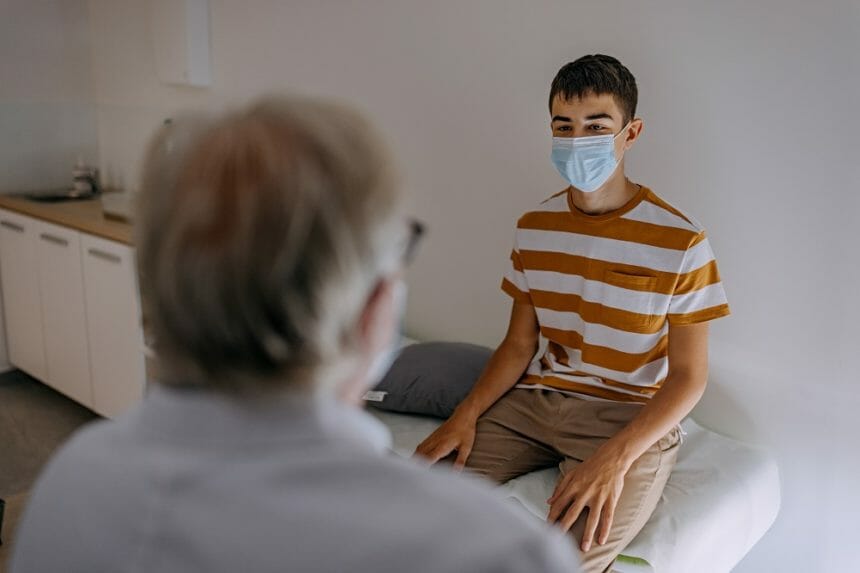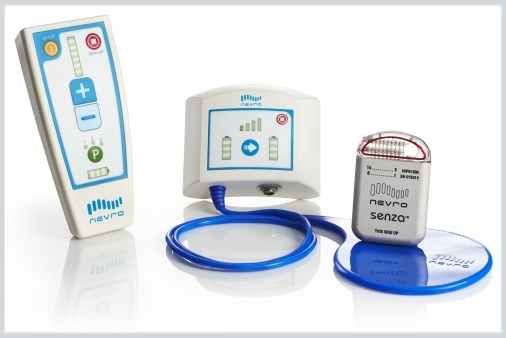A secondary analysis of data from a randomized trial found that for veterans with chronic pain, discussing the COVID-19 pandemic provided councilors with a unique opportunity to leverage feelings of resilience and personal growth to motivate the use of adaptive coping skills and pain management services. These findings were published in Pain Medicine.
These data were collected for an ongoing two-arm, parallel group, 36-week, multisite, controlled randomized trial. Veterans applying for disability benefits at 8 Veterans Affairs medical centers were randomly assigned to receive counseling or usual care.
Participants had a pain severity score of ³4 on the Brief Pain Inventory scale for a back, neck, knee, or shoulder condition. This study analyzed the recordings of counseling sessions from 85 participants which occurred from March 2020 to March 2021. Outcomes were assessed on the basis of whether or not the COVID-19 pandemic was discussed organically during the session.
The study participants were 88% men, aged mean 38.8 (standard deviation [SD], 11.0) years, 79% were White, 55% were married, they had served a median of 4.0 (interquartile range [IQR], 3-8) years of active duty, 64% were receiving special combat pay for serving in a combat zone, and they had served in the Army (45%), Marine Corps (24%), Navy (19%), and Air Force (14%).
They had a median of two recorded sessions with a session length of 62 (IQR, 42-128) minutes.
During the sessions, 40 participants had a pandemic-related discussion. The major themes of these discussions were that the pandemic disrupted pain management services, it brought the study participants’ mental health to the forefront, and it offered an opportunity for personal growth.
The study participants indicated that the pandemic’s disruption to their pain management care was concerning. One individual was skeptical about the efficacy of telehealth, and another was nervous about having to restart pain treatment, leading to feelings of anxiety. One Veteran told the counselor that they had increased pain medication dosage to compensate for the absence of nonpharmacological modalities.
Similarly, study participants were concerned access to care for mental health. One individual was worried about the cancelation of in-person meetings for Alcoholics Anonymous, in which they went from attending ~5 sessions weekly to only speaking directly with their sponsor.
Mental health concerns were highlighted by several study participants, with one individual indicating the stress of the pandemic was affecting multiple aspects of their life, including exacerbating symptoms of anxiety and decreasing opportunities for self-care activities which improved their mental health.
Despite these setbacks and concerns, some individuals were able to recognize a silver lining, motivating them to change behaviors and their lifestyle. One participant became more involved with their community in order to ensure self-care and another stated the pandemic allowed them to change their view of work-life balance.
The study authors concluded, “The pandemic offers opportunities for improved pain management based on resilience and adaptation. It will be incumbent on our counselors to guide Veterans in these directions.”
Reference
Lazar CM, Rosen MI, Sellinger J, et al. Counseling veterans with chronic pain during the covid-19 pandemic: a secondary analysis of a randomized controlled trial. Pain Med. 2021;pnab349. doi:10.1093/pm/pnab349






